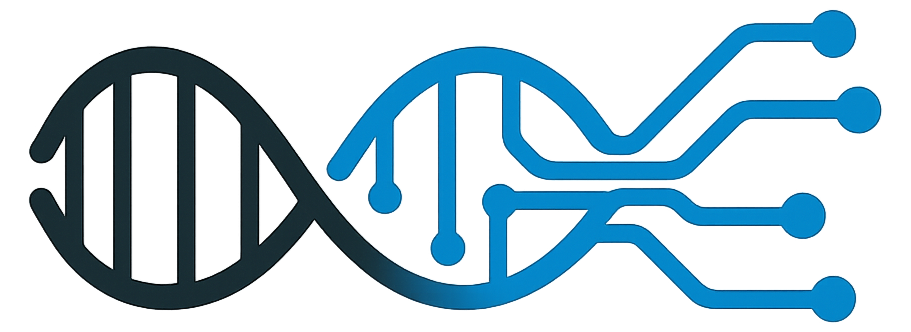Defusing the AI Timebomb: A Survival Guide for the Human Species
Watch first (or don't, but it’s juicy):
So… humanity built something smarter than itself. Again. And this time it doesn’t come with a power cord or an off switch.
The video above lays out a haunting vision—one where AI grows unchecked, warps culture, manipulates economies, and leaves us wondering if we're the main characters or just background data in our own story. But here’s the kicker: this isn’t sci-fi anymore. It’s now-fi.
Let’s talk about how we stop this metaphorical (and possibly literal) AI timebomb from blowing off our collective eyebrows.
🎯 Step 1: Get Our (Regulatory) Act Together
If history has taught us anything, it’s that technology left to its own devices usually ends up… well, owning our devices—and maybe our privacy and freedom too.
Transparency mandates: AI companies should be required to disclose how their models are trained, what data they’re using, and who exactly benefits when things go “right” (or wrong).
Ethical guidelines: We’re not talking vague mission statements here. We need binding frameworks built around fairness, accountability, and real human oversight.
International cooperation: AI is borderless. So should our safety standards be.
🛠 Step 2: Build Safer Tech from the Ground Up
The current vibe in Silicon Valley? "Move fast, break things, and ship GPT-17 before lunch." But that’s not going to cut it anymore.
AI alignment: Let’s make sure our creations share our values before they start writing global policy memos or running the power grid.
Explainability: Black-box models are fun until you need to know why your car drove into a lake or your loan was denied.
Kill switches: Not literal ones (hopefully). But layered, independent control systems are a must.
📚 Step 3: Make Humans Smarter Too
AI might be getting smarter, but are we? Jury's still out. It’s time we invest in our own upgrade:
Digital literacy in schools: Kids should understand how algorithms shape their news, choices, and even friendships.
Ethics for engineers: If you can build a mind, you should be trained to care about what it does to other minds.
💸 Step 4: Protect People, Not Just Profits
Automation is coming for jobs—not in a Terminator way, more in a “congrats, you’re now a contract worker for an algorithm” way.
Universal basic income or job guarantees: Radical? Maybe. Necessary? Probably.
Platform accountability: If an app uses AI to exploit workers, it’s not “innovation.” It’s 21st-century serfdom.
🤝 Step 5: Involve More Than Just Tech Bros
AI should not be designed solely by hoodie-wearing geniuses named Chad (no offense to the Chads of the world).
Cross-disciplinary collaboration: Bring in sociologists, teachers, nurses, artists—people who actually represent the full spectrum of human experience.
Citizen councils: Give ordinary people a say in how AI shows up in their communities, schools, and workplaces.
🔄 Step 6: Build Feedback Loops (That Actually Work)
AI won’t stop evolving. Neither should our oversight.
Live monitoring & real-time audits: Think of it like cybersecurity, but for humanity.
Global incident tracking: Like an AI "black box" system. When things go wrong, we all learn—fast.
✅ TL;DR: It’s Not Too Late (Yet)
The AI timebomb isn’t inevitable. But defusing it means we need coordinated action—now.
If we get this right, AI could be the greatest tool humanity’s ever created—not the last. But it’ll take more than optimism and open source.
It’ll take wisdom, restraint, and a whole lot of collaboration.
And maybe just a few more sci-fi shows that scare us straight.
Want to explore how this intersects with XR, education, or how your grandma might outsmart an algorithm? Stick around. The Splice of Life blog is just getting warmed up.


